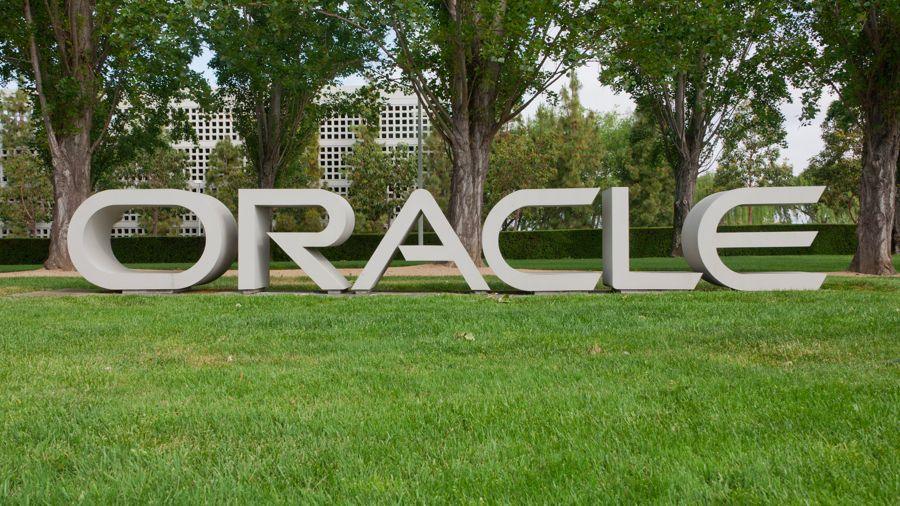At its annual AI World conference in Las Vegas (formerly Cloud World), Oracle unveiled three separate projects in collaboration with key hyperscalers to better serve customers.
The updates coincide with the general availability of Oracle Autonomous AI Lakehouse, the company’s new all-in-one platform that combines the scalability and flexibility of a data lake with the management and performance benefits of a data warehouse.
Oracle Autonomous AI Lakehouse brings AI and machine learning directly to the database, meaning customers can use AI where their data resides instead of having to duplicate it and move it elsewhere.
Oracle is not afraid of multicloud
With the hyperscaler collaboration, it means customers can now incorporate Oracle AI into their data even if it is stored in Google Cloud, Azure or AWS, keeping them aligned with data residency and compliance requirements.
In addition to offering Oracle Autonomous AI Lakehouse with these partners, Google Cloud has also increased the number of regions from five to eight.
Over the course of the next 12 months, Google Cloud has committed to adding nine more regions, Azure another five, and AWS will add 20 new regions for Oracle customers.
talking to TechRadar Pro At the event, Oracle’s vice president of product management, Nathan Thomas, emphasized the company’s commitment to allowing customers to place Oracle databases in the cloud of their choice, whether on Oracle Cloud Infrastructure or not.
Oracle’s Database@ products are designed to bring low-latency, compliant multi-cloud deployments to where customers are already running their applications, reducing technical hurdles.
“Our customers want flexibility…we recognize that and offer a multi-cloud environment,” Thomas said.
Oracle’s vice president of applications, Rajan Krishnan, also shared his thoughts on the company’s multi-cloud strategy with TechRadar Pro at the event, recognizing that customers today are looking not only for multi-cloud options, but also for multi-AI where they can bring together the power of different models from different providers.
Krishnan credited Anthropic’s work on the Model Context Protocol (MCP) for enabling broader interoperability, comparing it to HTTP’s standardization of the web.
In short, the message at AI World 2025 has been clear that the future of data is open, flexible and collaborative, and Oracle’s partnerships with companies like these are just proof that they can coexist in the same space, maintaining rivalry and their own differentiators while better serving customer needs.
Follow TechRadar on Google News and add us as a preferred source to receive news, reviews and opinions from our experts in your feeds. Be sure to click the Follow button!
And of course you can also follow TechRadar on TikTok for news, reviews, unboxings in video form and receive regular updates from us on WhatsApp also.




